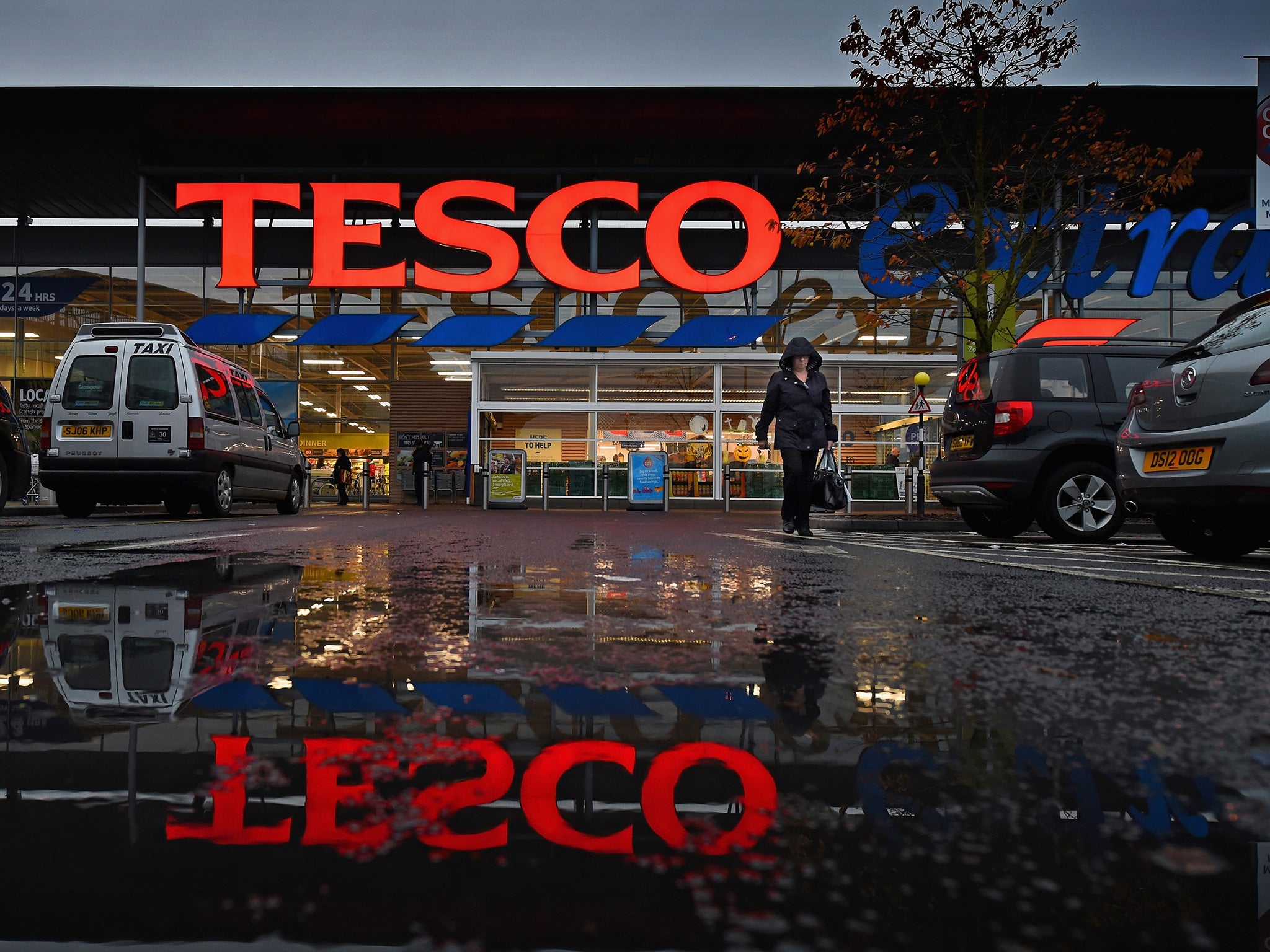
Three of the world’s biggest private equity groups are considering a bid for Tesco’s £6bn South Korean empire, which the supermarket giant has put up for sale.
KKR and Carlyle, the US private equity firms, have been invited to bid for the Asian business, which trades as Homeplus, while London-based CVC Capital has also been asked to take part.
The decision to sell the South Korean stores comes as the retail giant’s chief executive, Dave Lewis, tries to streamline the business so that it can focus on its core UK shops and raise cash.
Tesco needs to raise a substantial sum or analysts fear it will have to resort to a rights issue; in April it reported the biggest ever loss recorded by a British supermarket.
After two decades of uninterrupted growth, Tesco has been struggling after it became distracted by overseas expansion and failed to spot the threat of discounters like Aldi and Lidl.
The retailer is now looking to slash capital spending, as well as to fund a vicious supermarket price war and put more people on the shop floor.
The Hong Kong-based firm Affinity Equity Partners and Asia-focused MBK Partners were also invited to bid, and Hyundai Department Store, which is separate from the car maker, said that it was considering bidding.
Tesco, which is advised by HSBC, has asked for indicative bids this month. If the sale is achieved it would be Asia’s biggest private equity deal and the region’s second biggest consumer deal. Sovereign wealth funds could be involved in the financing, given the size of the sale.
Homeplus is Tesco’s largest business outside Britain, with more than 400 stores, 500 franchise stores and more than 6 million customers a week. The company also has a valuable property portfolio, which private equity buyers could seek to raise cash from, through sale-and-leasebacks.
However, underlying sales have been falling for the past two years and the prospects for growth in the grocery business in the region are considered limited. Both Carrefour and Walmart withdrew from South Korea in 2006.
According to analysts, South Korea has nearly one hypermarket per 100,000 people, twice the industry ideal of one per 200,000.
Subscribe to Independent Premium to bookmark this article
Want to bookmark your favourite articles and stories to read or reference later? Start your Independent Premium subscription today.

Join our commenting forum
Join thought-provoking conversations, follow other Independent readers and see their replies